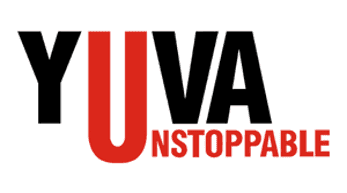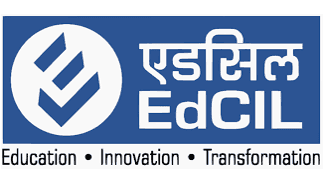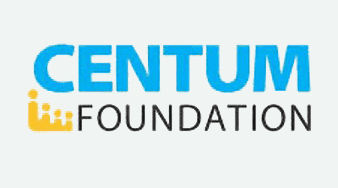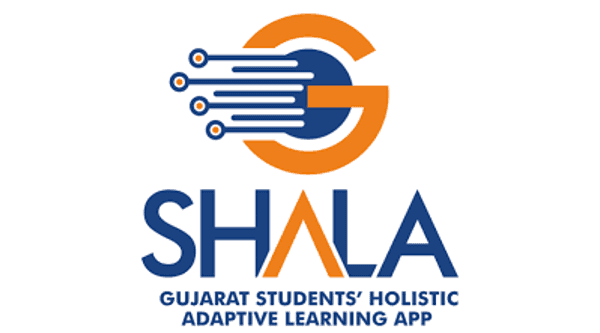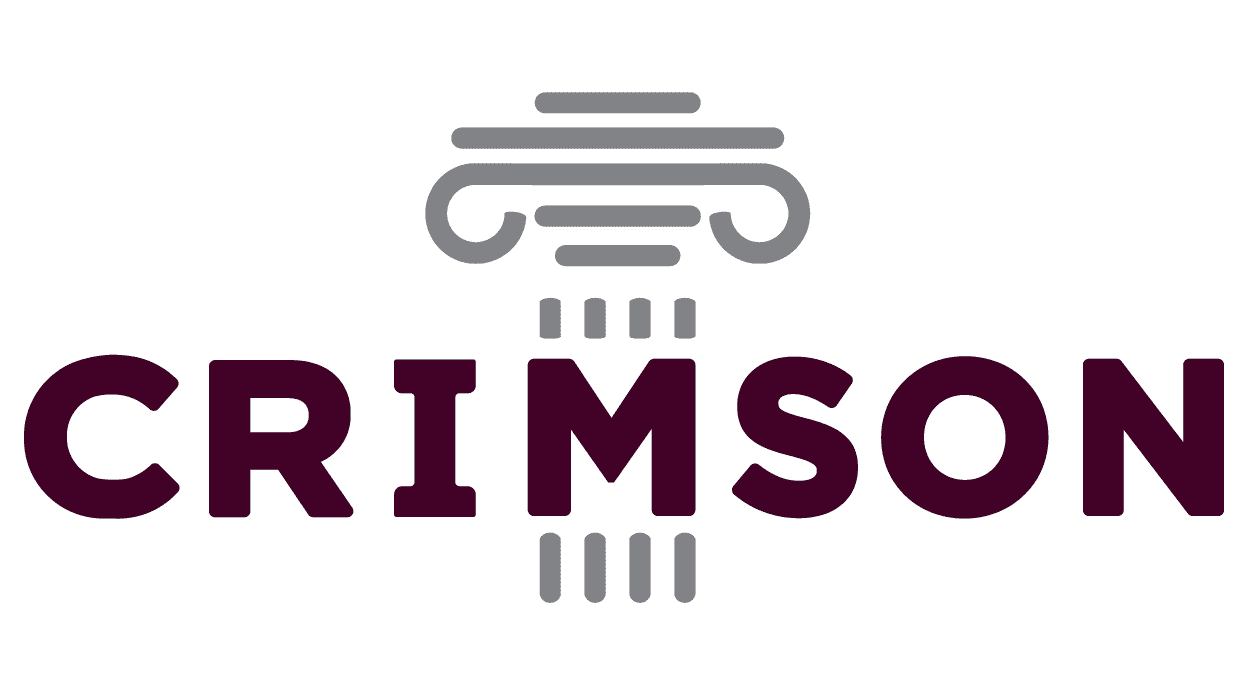Your World Class Education Partner in Smart Classroom Solutions
Schoolnet provides transformative education solutions through tech-enabled classrooms, AI-led learning, teaching and school management solutions.
25+ Years Of Impact At Scale With
100,000
Schools
25 million
Teachers & Students
30
States & UTs in India
7
Countries Globally
Bringing Edtech Innovation to K-12 Schools and Students
Geneo AI Apps
School & after-school sync solutions with AI-enabled apps for teachers and students.
Learn More
Centralized LMS
Transforming state-wide education through centralized solutions by managing schools across districts.
Learn More
Smart Classrooms
Digital solutions for classrooms with interactive offline content to make learning faster, smarter, and larger.
Learn More
Our Trusted Partners
Ready to Bridge the Digital Divide in Your Classrooms?
Our Global Footprint
Bringing High-Quality Indian Education Ecosystem to the World

2000+ Classrooms

Content that Connects
We have created customizable educational content that is based on National Curriculum Framework (NCF), local curriculums & real-world problems for more than 8 major State Boards with CBSE across India

Real-World Examples

Digitized Assessments

Interactive Class Exploriments

9
Boards
8
Languages
NEP
Aligned
Want to Make Learning Fun & Engaging Again?
Schoolnet in News

Every Teacher, a Genius Teacher.
Empower today's educators for tomorrow's learners. NEP-aligned Curriculums supported by Digital Learning. Bridging Traditional & Modern Pedagogy.
1 Million
Teachers
2 Million
Training Hours
NEP
Aligned
See What Our Trusted Partners Have to Say
Our Latest in Social Media
Awards & Recognition
© Schoolnet India Limited




